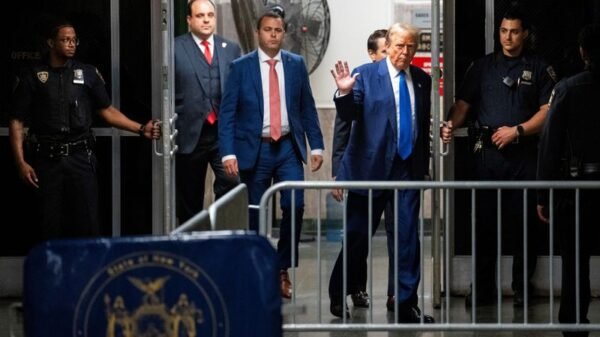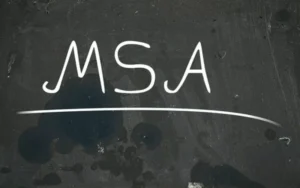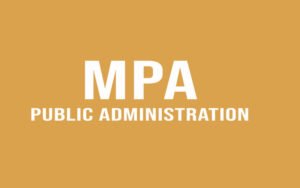What is Hawala?
Hawala is an informal way to transmit money without cash. The term means “money transfer without money movement.” Another term is “trust.”
Today, hawala is a non-banking remittance mechanism. Hawala brokers conduct transactions without promissory notes, relying on trust and bookkeeping.
Understanding
Hawala originated in South Asia in the 8th century and is a popular method for transferring payments, especially among the Islamic population worldwide. Unlike traditional bank wire transfers, hawala involves sending money across borders through a network of hawaladars, or dealers.
Hawala traders manage their accounts by keeping an informal diary of credit and debit transactions. Hawala traders can settle debt with cash, property, or services. Excommunication from the network or region is possible for a hawaladar who fails to fulfill their contractual obligations.
Hawala may stem from Arabic “assignment” or “bill of exchange” or Hindi “reference.”
The hawala system benefits migrant workers, who often send money home. Hawala helps poor nations transfer money where traditional banking is too expensive or complicated.
Hawala is fast, convenient, and cheaper than banks. Dealers may exclude expatriates from paying fees to promote foreign exchange transactions through hawala. Transferring money requires a trusted hawaladar, making the method simple.
Benefits
People without formal banking links or financial networks can transfer money using Hawala. Without a government-issued ID or bank account, hawala networks may be the sole option for sending remittances, especially to foreign destinations. In other cases, it may be cheaper or faster than formal documentation.
Countries with solid capital restrictions or sanctions on money movement often employ hawala networks. Iranian traders and expats may utilize hawala networks to pay neighbors.
Example
How does Hawala work? Maryam must transfer $200 to Amir in another nation. She will tell Nasir, a hawaladar, the amount of money she wishes to send Amir, along with the transaction information, recipient name, city, and password.
Nasir instructs Muhammed, a hawala trader in the recipient’s city, to provide Amir with $200 if he correctly states the password. Muhammed transfers $200 to Amir from his account, less commission, and Nasir owes him
After Maryam initiates the transaction, Amir receives the money within one to two days, perhaps a few hours. Nasir and Muhammed do not exchange money or IOUs, as the hawala system relies on trust, honor, family connections, or regional links.
Hawala ensures anonymity throughout transactions by not keeping official records or tracking the source of money. Money laundering commonly uses hawala to conceal the source of illegally generated currency.
Hawala and Crime
The elements that make hawala appealing to legal users also attract illicit users. Many refer to hawala as clandestine banking. This is because money launderers and terrorists use it to shift money between locations.
Hawala also helps crooked politicians and the rich escape taxes. Money from unrecorded commercial transactions isn’t taxable.
Funding terrorists via hawala makes it harder to stop. Tracking money is crucial to finding terrorist cells because terrorist groups require money to acquire weapons and feed their members. Due to the lack of a paper trail, Hawala transactions make money transfers to terrorist organizations simple.
Hawala and Government Regulation
Many nations have reexamined their Hawala regulations because Hawala payments don’t go through banks and aren’t controlled by governmental or financial organizations.
The Foreign Exchange Management Act (FEMA) and the Prevention of Money Laundering Act (PMLA) in India prevent hawala. India severely forbids informal hawala transactions, including establishing or purchasing foreign assets.
Pakistan bans informal Hawala transactions. What entities can send money and exchange currencies depends on the country. Money changers must register and comply with requirements to become foreign exchange firms within two years, or they can’t function.
Afghanistan’s over 300 money exchangers have formed a self-regulatory body with standards that all members must follow. The nation has struggled to register unlicensed money exchangers to stop hawala trades.
Due to enforcement difficulties, several governments have outlawed hawala.
Most nations have regulations to minimize the harmful effects of informal cash transfer channels like hawala.
Hawala & Fintech
Some fintech companies use hawala to provide financial services to the unbanked and underbanked globally. Mobile banking and payment platforms like Paga and M-Pesa are transforming African financial systems by promoting financial inclusion through hawala services.
Is Hawala Illegal?
Finance companies must get licenses and obey anti-money laundering legislation, making hawala exchanges unlawful in the U.S. and other nations.
Is Hawala Money?
The hawala mechanism transfers funds without a paper trail, promissory notes, or actual financial transfers.
How Is Hawala Punished in India?
The Indian punishment for hawala is:
- A fine of up to three times the amount involved is capped at 200,000 Indian rupees ($2,433).
- Confiscation of violation-related funds, security, or property.
- Unpaid penalties result in imprisonment.
Is Dubai Hawala Legal?
The UAE Central Bank registers hawala providers who follow the rules, making it legal in Dubai.
Bottom Line
Hawala allows people to transfer money without physically moving it. A simple, no-documentation method makes it an anonymous money transfer mechanism. This has proven advantageous for many poor nations when citizens migrate overseas to work and send money home, bypassing costly transfer fees and other needed papers.
Because of its anonymity, hawala has also been a mechanism for criminal behavior to take place, including money laundering and the financing of terrorists. For this reason, several nations prohibit hawala or have set limitations on it.
Conclusion
- Hawala (also called underground banking) is a means to send money without changing cash.
- Hawala networks have been utilized since ancient times. Today, developing-country expats send remittances home.
- Hawala transactions offer anonymity because of the lack of government records and tracking of money sources.
- Hawala is also entering financial technology, which allows unbanked and underbanked people to transfer money.
- Because hawala is informal and unregulated, several nations, like India, have outlawed it.
























































